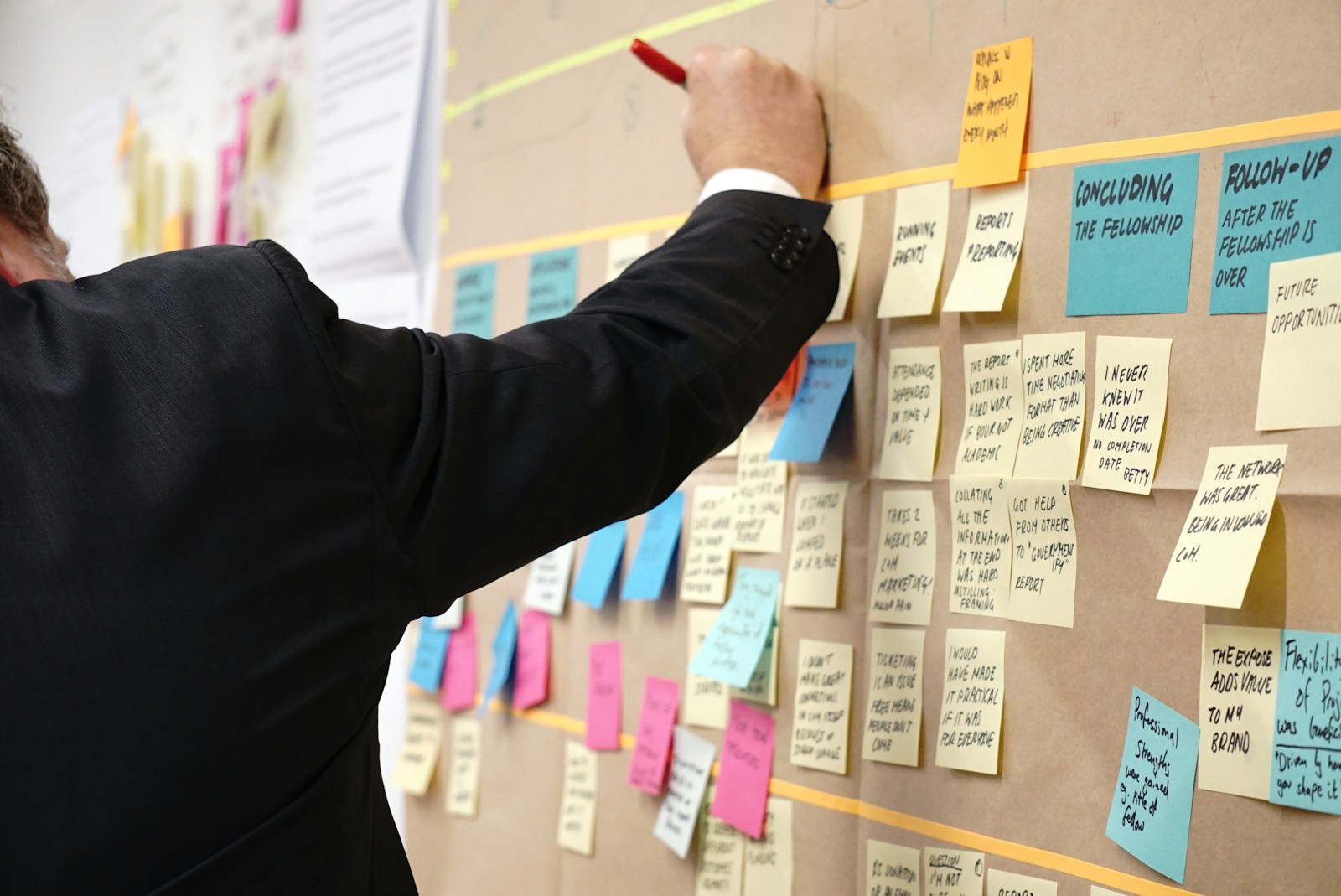Introduction: The AI Disruption is Already Here
In 2023, Goldman Sachs predicted that AI could replace 300 million jobs globally. From self-driving trucks eliminating truck drivers to AI-powered chatbots reducing the need for customer service reps, artificial intelligence is reshaping the workforce faster than many anticipated.
But here’s the good news: AI won’t just take jobs—it will also create new ones. The key to survival isn’t resisting AI but learning how to work alongside it. In this article, we’ll explore which jobs are at risk, the new opportunities AI is creating, and how you can future-proof your career.
1. Jobs AI is Already Replacing
AI has already started automating tasks that were once thought to require human intelligence. Let’s take a look at some key industries being disrupted.
1.1 Customer Service & Call Centers
Chatbots and AI-powered voice assistants are handling millions of customer inquiries daily. Companies like Amazon and Bank of America use AI bots to manage customer interactions, reducing the need for large customer support teams.
According to a study by McKinsey, 29% of customer service jobs could be automated by 2030. Businesses are choosing AI-driven solutions because they provide instant responses, eliminate human errors, and save costs.
| Key Takeaway: If you work in customer service, upskilling in AI management and data analytics can help you stay relevant. |
1.2 Manufacturing & Warehousing
Robots in factories aren’t new, but AI-powered automation is making them smarter and more efficient. Amazon’s warehouses use AI-driven robotic arms to sort and package items, reducing reliance on human labor.
Foxconn, the company behind Apple’s iPhones, has replaced 60,000 workers with AI-driven robots in a single factory. Jobs in manual assembly and repetitive production tasks are at high risk.
1.3 Data Entry & Administrative Roles
AI can process and organize data far faster than humans. Software like UiPath and Automation Anywhere automate data entry, invoice processing, and other repetitive clerical tasks, significantly reducing the need for human workers.
| Key Takeaway: Learning AI-based automation tools can keep you ahead in administrative roles. |
2. Jobs AI Can’t Fully Replace (Yet)
While AI is powerful, there are areas where human intelligence still reigns supreme.
2.1 Creative Industries
AI can generate art, music, and written content, but it struggles with originality. While AI-powered tools like MidJourney and ChatGPT can assist creatives, human creativity and storytelling still hold value. Writers, designers, and filmmakers who adapt AI into their workflow can thrive.
2.2 Healthcare & Medical Fields
AI is assisting in diagnosing diseases and analyzing medical data, but it can’t replace human doctors and nurses. Empathy, critical thinking, and patient care require a human touch that AI can’t replicate.
2.3 Skilled Trades
AI-powered robots might assemble cars, but they can’t fix your home’s plumbing or install complex electrical systems. Skilled tradespeople—plumbers, electricians, and mechanics—are less likely to be replaced by AI.
| Key Takeaway: AI is a tool, not a replacement. Workers who integrate AI into their fields will have a competitive edge. |
3. New Job Opportunities Created by AI
For every job AI replaces, it creates new ones. Here are some emerging AI-powered careers.
3.1 AI Ethics & Policy Experts
With AI’s rise, ethical concerns about bias and misuse are growing. AI ethics consultants help companies build responsible AI systems, ensuring fairness and compliance.
3.2 Prompt Engineering
AI models like ChatGPT rely on well-structured prompts to function efficiently. Prompt engineers design instructions that maximize AI performance—an emerging field paying six-figure salaries.
3.3 AI-Assisted Healthcare Professionals
AI is revolutionizing healthcare, but humans are still needed to interpret data, personalize treatments, and provide emotional support. Medical professionals who leverage AI will be in high demand.
| Key Takeaway: AI isn’t just taking jobs—it’s creating high-paying roles for those who adapt. |
4. How to Stay Relevant in the AI Era
If you’re worried about AI replacing your job, here’s how you can prepare for the future.
4.1 Upskill in AI & Automation
Learning AI-related skills doesn’t mean you need a Ph.D. in machine learning. Platforms like Coursera and Udemy offer courses in AI, automation, and AI-driven tools like ChatGPT and MidJourney.
4.2 Develop Soft Skills AI Can’t Replicate
AI lacks emotional intelligence, critical thinking, and leadership abilities. Soft skills like adaptability, negotiation, and creativity will remain invaluable.
4.3 Stay Ahead of Industry Trends
Follow AI advancements in your industry. Whether it’s finance, healthcare, or marketing, understanding how AI is evolving will help you future-proof your career.
| Key Takeaway: The best way to beat AI is to learn how to work alongside it. Upskilling in AI and developing soft skills will keep you in demand. |
Conclusion: Embrace AI or Get Left Behind
AI isn’t just coming—it’s already here, and it’s changing the job market at an unprecedented pace. While some jobs will disappear, new opportunities will emerge for those who adapt.
If you want to stay ahead, start learning AI-driven skills today. The key isn’t fearing AI but mastering it.
👉 How do you plan to future-proof your career against AI? Let us know in the comments!



